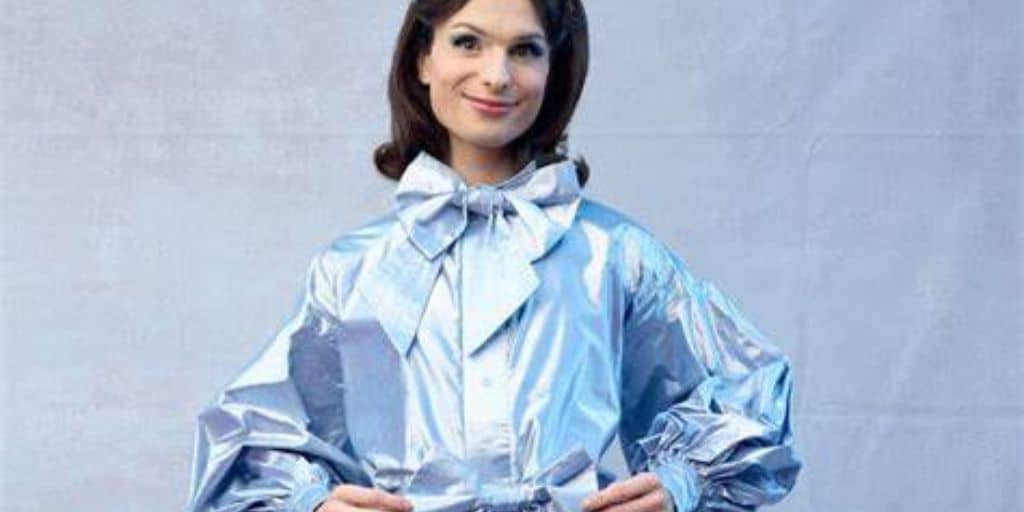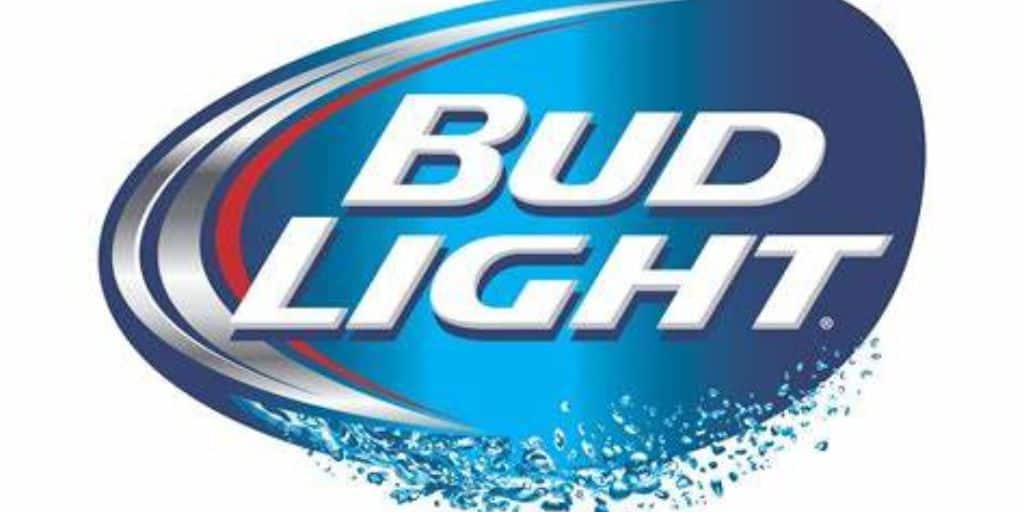Let’s know about Bud Light Controversy Takes A Twist. Bud Light is an American popular beer brand that has been controversial in the last few weeks. This brand is considered one of the top seller brands in America in terms of sales and customer acquisitions. In recent times they have released an advertisement campaign which hand is a transgender influencer, Dylan Mulvaney.
The campaign focused on younger drinkers and tried to attract them to revive this brand, whose sales have been down in recent years, and by attracting the younger people, they thought they could gain their sales and customer acquisitions.
But despite that, their campaign backfired, and a controversy started, which made them lose their existing sales. The fan base was divided into multiple parts, and it also highlighted the war of culture and was a main topic for social media discussions.
Alissa Heinerscheid, who is also the former vice president of marketing at Bud Light beer company, said that the brand of the company had been the reputation of the company for so long that it was fratty and out of touch was to be considered if the company wanted to gain some young drinkers and get some surety about the future of the company by doing so.
She gave her statement and said that she had a clear job of what she had to do when she took over the company at that time, the brand had been decreasing its sales for a long time, and that was a clear headache for the company, and it was her ideas that if they don’t gain some young drinkers the future of the company is no more and company will have to be closed so her particular goal was to evolve and gain the same superiority for this brand that it had earlier.
The controversy has been there for a long time, but now it has taken a twist, and you will know all about that in the article below.
Bud Light Controversy Takes A Twist
Dylan Mulvaney was the center of the ad campaign, and the company thought that it would be good for their evolution, but their result was wrong, and the head backfired them in both terms of politics, and the people also distanced themselves from the beer.
The fans who are always loyal to this company are also seen distancing themselves from the company, and that has been out of control. Gay bars in Chicago that refused to sell AB InBev products after the firm disassociated itself from the contentious ad campaign also experienced hostility and reported some online harassment.
The event has brought attention to the dangers of becoming involved in the culture wars that dominate social media debates and demonstrates how dangerous the environment can be for businesses trying to capitalize on current trends. Despite the issue, the parent company, Anheuser-Busch InBev, is still optimistic about the beer’s future, pointing to its outstanding global sales and performance.
Michael Doukeris, CEO of Anheuser Busch, emphasized that while Bud Light was crucial to the business’s US operations, it accounted for a very tiny portion of the $14.2 billion in sales and more than $4 billion in profits the company posted for its most recent quarter. Fans who were formerly devoted to Bud Light are now turning away from the brand, but the backlash against the beverage has persisted.

The incident brings to light the difficulties faced by businesses trying to engage younger consumers and maintain relevance in an industry that is undergoing rapid change. Entering the cultural wars has a particularly high risk, and the response against Bud Light demonstrates how quickly things can get out of hand.
Concerns regarding the involvement of corporations in the culture wars have also been raised by the dispute. Some critics contend that businesses need to remain out of difficult social and political topics, while others contend that businesses must speak out on matters that affect their clients and personnel.
Other businesses attempting to traverse these dangerous waters will undoubtedly study Bud Light’s experience as the discussion over the role of corporations in the cultural wars continues. Despite the difficulties, businesses will keep trying to capitalize on current trends and engage younger audiences because they understand the potential rewards.





